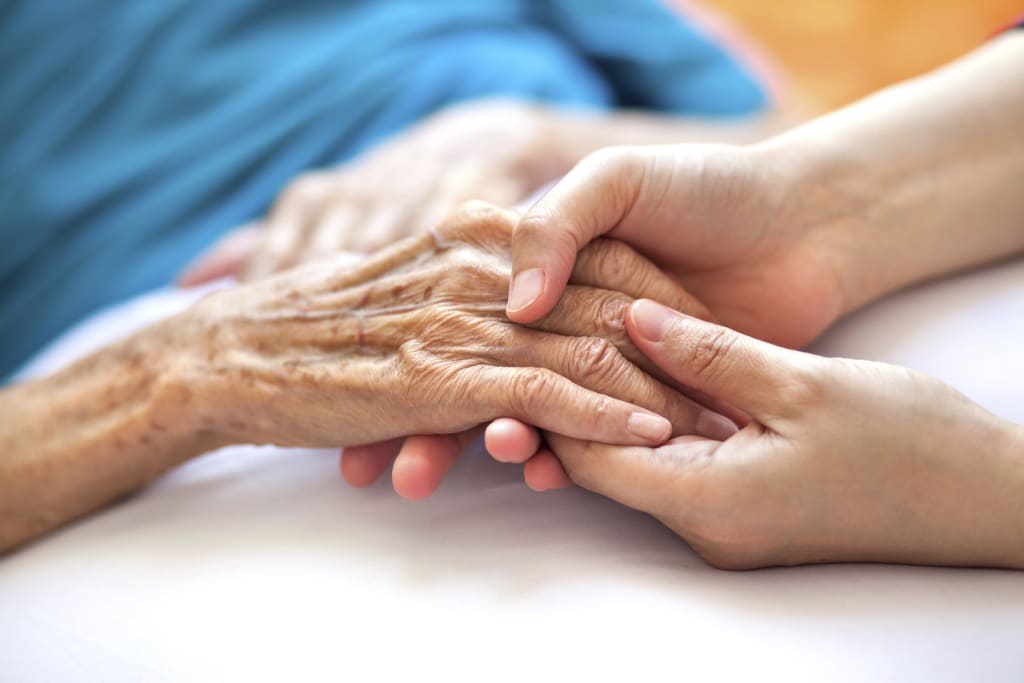Being a caregiver in times of struggle
A little respite for those taking care of their aging loved ones.

Caregiving takes a lot of time and energy, so it's important to be organized and well prepared. If you're not currently a caregiver, chances are that someday soon you will become one. It requires an enormous commitment of time and energy but luckily there's some advice out here to help make the process easier -- get organized by finding resources for your new caregiving journey!
Things start off slowly; picking up groceries, or taking grandma on walks around the block, it might be a while before anyone starts referring to themselves as a "caregiver." But what happens if at some point life changes? You realize that caring is now part of who you are because someone needs help in order for them to live their best life. Caregivers should never underestimate the amount of time or energy it will take from them; however, they should know there are resources available that may ease this burden if only a little bit - leaving more time and energy left over for their loved ones who need them most!
If you are an active and healthy individual, it is likely that your own parents will eventually need caregiving. If this does not sound like something to eagerly anticipate the thought of in a few decades from now, I understand; but as we have seen with health insurance costs rising rapidly over time due to factors such as reduced access for families who do not work at large corporations or those without employer sponsored plans, many might find themselves relying on friends or family members for assistance when their loved ones exceed what they can afford. As the world is becoming more technological, it can be easy to forget that we still need each other for emotional support.
The global pandemic has been devastating to those in nursing homes and assisted care facilities. It also may have a major impact on how we provide for the elderly, particularly as they age or become ill. In fact, 40% of deaths from Covid-19 are linked back to these types of institutions which means that many people will be changing their ways when it comes to caring for the fragile population. This could mean more family members stepping up into caregiver roles and taking them home with them so that there is no chance for exposure. Within an institution setting like group living environments such as hospitals or nursing homes, you can find hundreds if not thousands at risk each day who might come into contact with this deadly virus through open wounds, aerial transmission, etc.
Caring for someone with mild to moderate symptoms of the coronavirus isn't all that different than taking care of somebody recovering from typical influenza. The most important thing you can do as their caregiver, aside from giving them fluids and Tylenol when they're in pain or have fever, is keeping track of how much liquids and food they are consuming each day so that nobody falls too low on calories. Keep an eye out during days five-ten after beginning treatment: sometimes those who start off relatively healthy end up falling during this period.
If you have any questions or want to talk about caregiving, we are here to help you.
About the Creator
Connor K. Fletcher
Family comes first, as they say. Building healthy relatioships with those we live with is a life-long lesson we all learn.
For more information, visit our website.






Comments
There are no comments for this story
Be the first to respond and start the conversation.